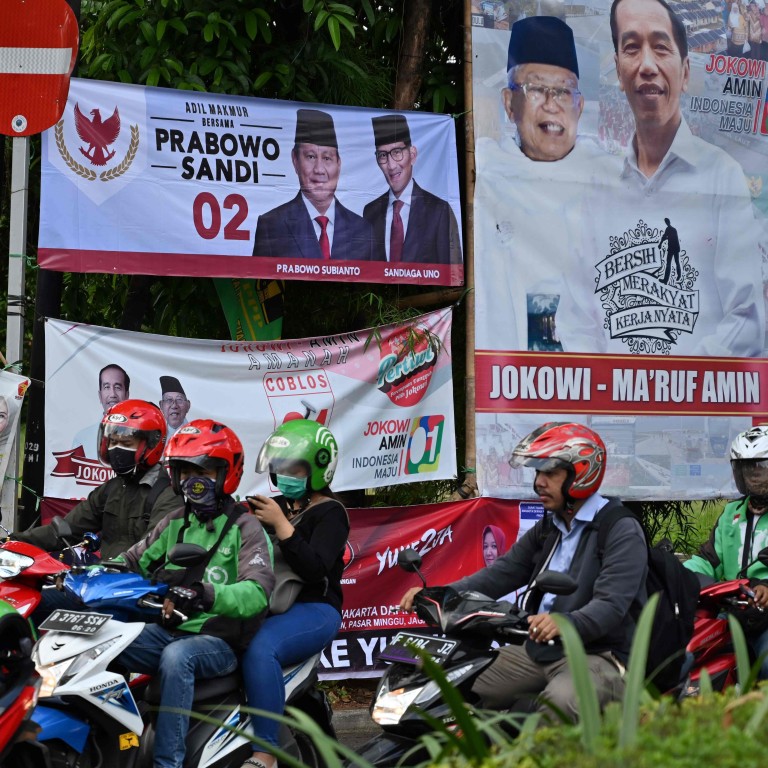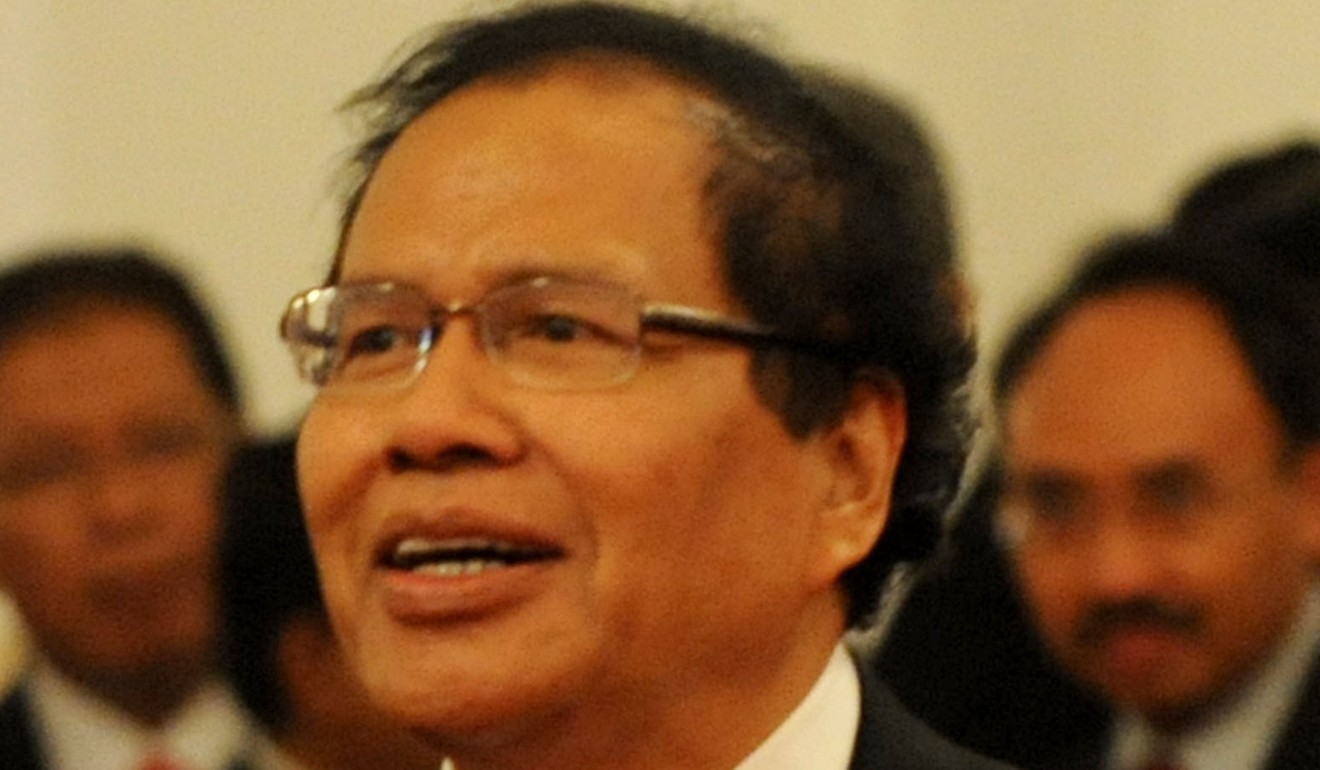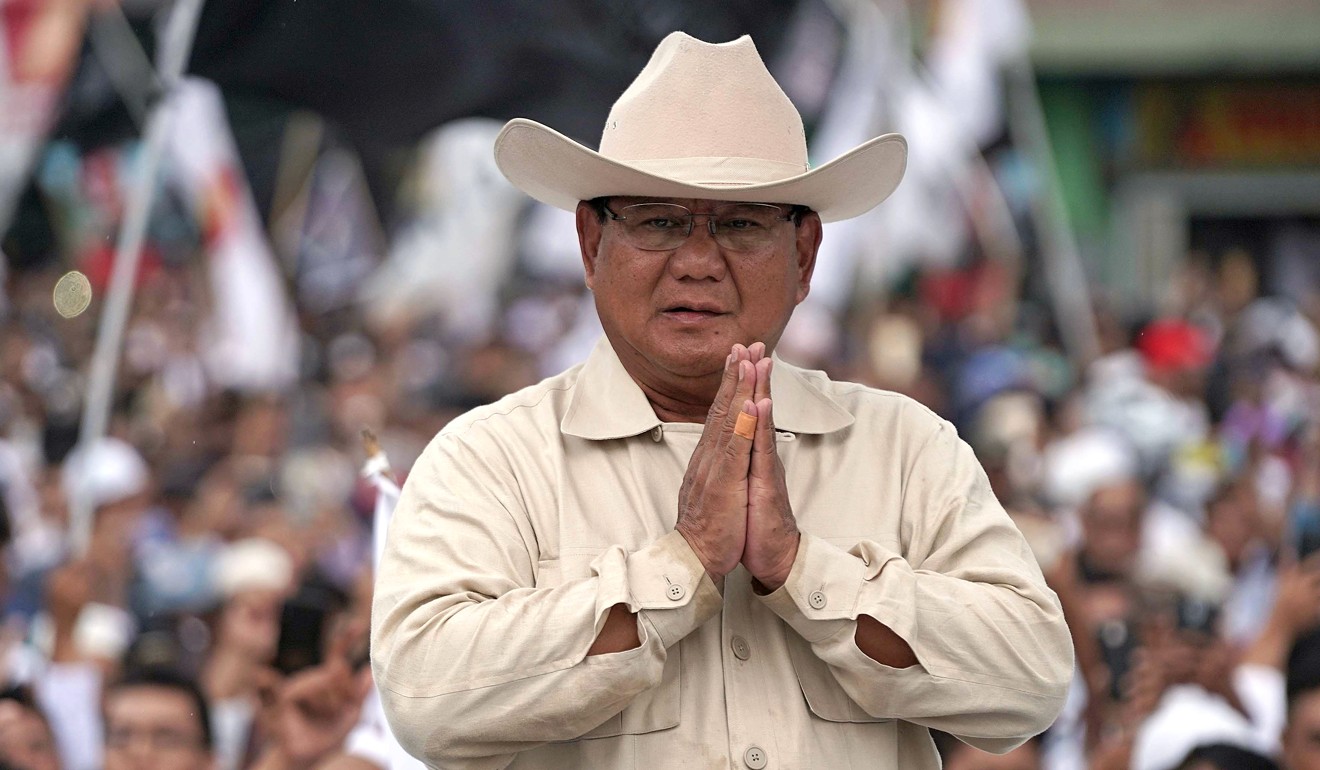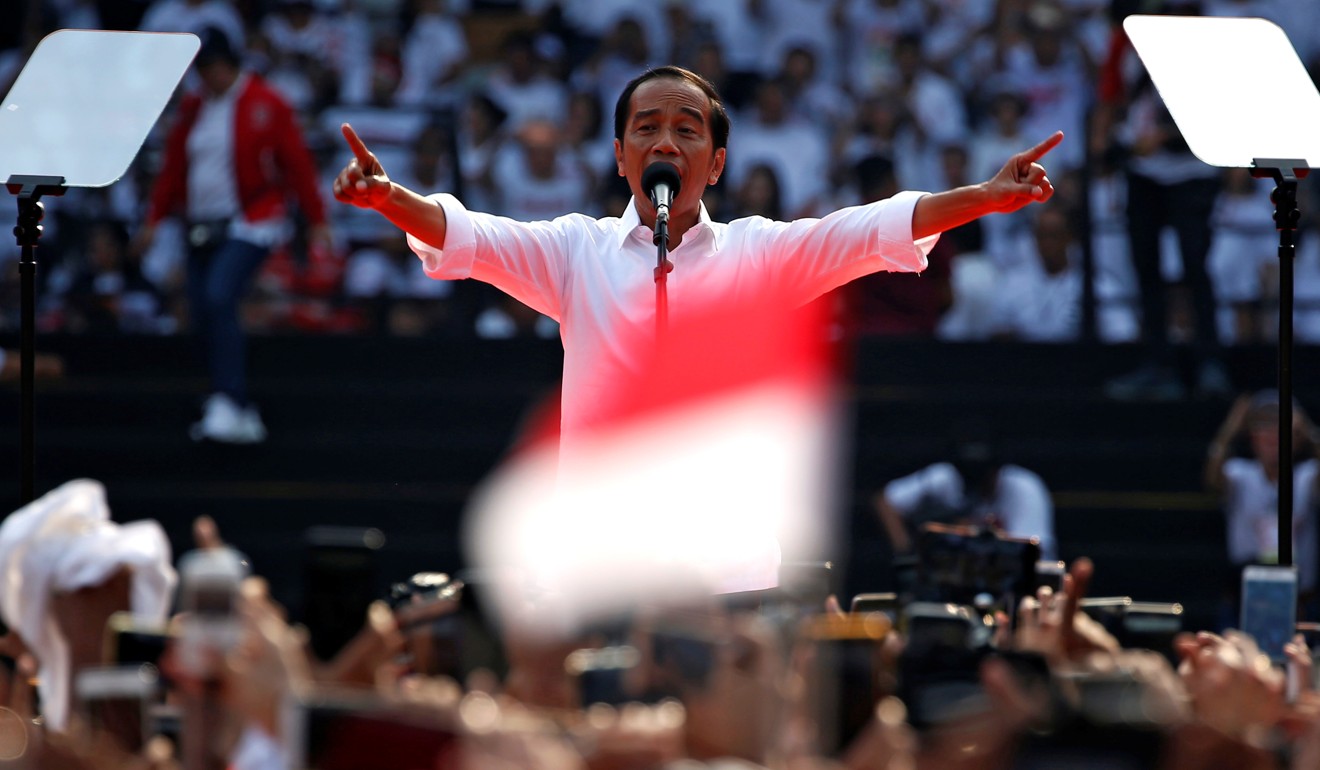
Indonesia election: Prabowo’s adviser says Jokowi is too good to China, country needs new friends
- Former Minister Rizal Ramli, who now advises presidential challenger Prabowo Subianto, claims that Chinese goods and workers are flooding the country.
- Analysts have a different take on the state of the economy
Indonesia election ‘not about religion’: Sandiaga Uno

His comments came after the two presidential candidates and their running mates faced off for their final debate on Saturday night on managing the country’s US$1 trillion economy, which is Southeast Asia’s largest.
Review of investments in Indonesia not scapegoating China, Jokowi’s opponent says
Rizal claimed Chinese goods, especially steel, had been dumped in Indonesia under the president’s watch and there were now more foreign workers from China.
Latest official figures show there were 95,335 foreign workers in the country last year, an increase of about 10 per cent from the previous year, with 32,000 workers from China, followed by 13,897 from Japan and 9,686 from South Korea.
“Should [Prabowo] be in power, [he] would negotiate the ceiling of Chinese workers in Indonesia. It should be capped at the maximum level of 10 per cent,” Rizal said.

Economist Gunar Myrdal of PT Bank Maybank Indonesia said in his view, Indonesia had developed a healthy trading relationship with China. It was the main destination for Indonesian products while imported Chinese products were cheap and of decent quality.
Widodo courted Chinese cash – and he’s about to find out the cost
“Many China workers come here as the consequences of business deals between two countries for realising an efficient cost in investment development,” he added.
Fears of Chinese workers stealing jobs have been played up on social media, resonating with Indonesians – including those below the age of 35, who form 40 per cent of the almost 193 million registered voters – grappling with a weakening rupiah and the rising cost of living.
The jobless rate is near a 20-year low of 5.34 per cent but it hides a growing problem of underemployment, where the number of people working less than 35 hours a week has been increasing, reported Bloomberg.

While Widodo promised growth of 7 per cent, economic expansion is about 5 per cent – a figure the Prabowo-Sandiaga team has promised to raise through wooing more investments in manufacturing, agriculture and energy; reducing imports to correct the overall trade deficit, and ensuring infrastructure projects that boost job-creating industries.
Economists maintain that Indonesia’s economic fundamentals remain strong. Inflation has been kept in check at around 3 per cent, and the rupiah has stabilised against the US dollar, after large swings last year, said Dino Nunuhitu, a fixed income analyst at PT Indopremier securities in Jakarta.
‘Let’s copy Malaysia’: fake news stokes fears for Chinese Indonesians
Geoffrey Simms, president director of the Jakarta-based PT AJ Capital, an investment banking and advisory company, said: “President Jokowi has not done so bad for the country, he did okay. There are no critical [economic] issues.”
Dino expects the Indonesian markets to be rattled if Prabowo wins the election.
“The markets will be hit in the short term as [Prabowo’s win] is not expected by the market. Though in the long term, the market will be realistic enough to look at his policies and cabinet line-up, especially the economic portfolio,” Dino said.
“The infrastructure and construction sectors [will be hit] if Jokowi did not win the race,” said Myrdal.
Debt fears, delays and land disputes: How China’s belt and road plan for Indonesia got off track
Despite talk of a tightening race in the past few days, Achmad Sukarsono, an analyst at Control Risks, said: “Unless something spectacular and unforeseen [circumstances] undermines his appeal with mainstream Muslim voters, President Jokowi’s votes will increase [compared] to what he got in 2014.”
Simms said: “It’s not that tight of a race.”

